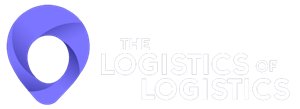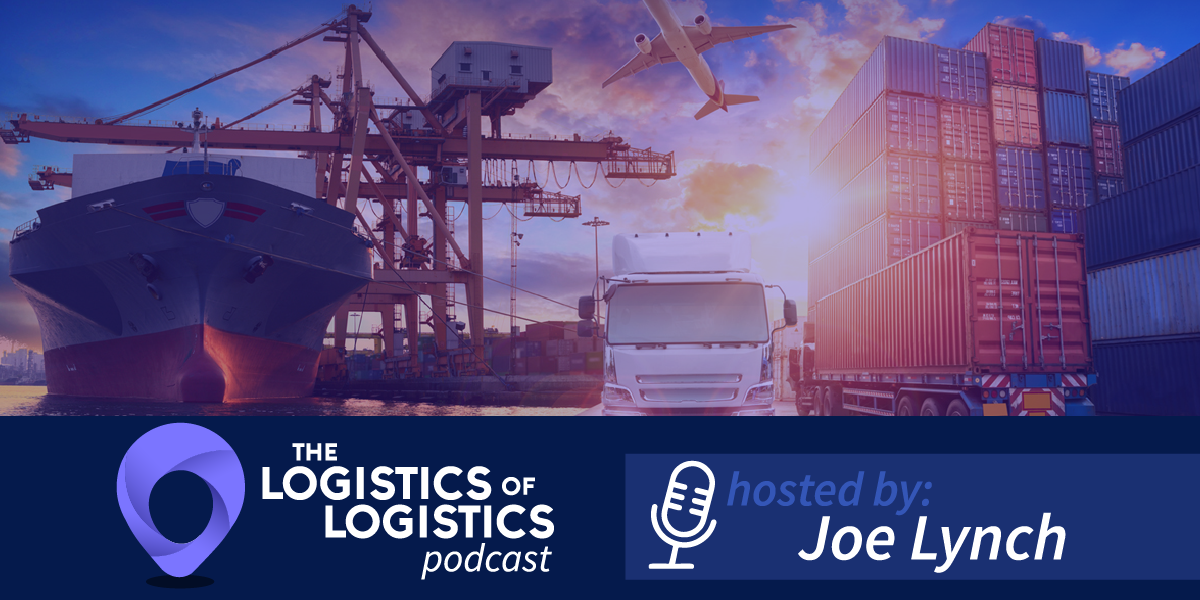Understanding Uber Freight with Raj Subbiah
Raj Subbiah and Joe Lynch discuss understanding Uber Freight. Raj is Head of Product for Uber Freight, a logistics platform built on the power of Uber with the goal to reshape global logistics and deliver reliability, flexibility and transparency for shippers and carriers.
About Raj Subbiah
Raj Subbiah is Head of Product for Uber Freight, Uber’s logistics business that seamlessly connects shippers and carriers across the US, Canada, and Europe. Raj comes to Uber from Yelp, where he led a range of product teams for over five years, most recently as VP of Marketplaces for the global review platform. Prior to Yelp, Raj served for nearly five years at Microsoft, improving the relevance, recall and user experience of the Bing search product. Raj holds a Master’s degree in computer science from Texas A&M University, an MBA from the University of California Berkeley, and a computational mathematics and statistics degree from the University of Washington.
About Uber Freight
Uber Freight is a logistics platform built on the power of Uber with the goal to reshape global logistics and deliver reliability, flexibility and transparency for shippers and carriers. Since launching in 2017, Uber Freight has built one of the world’s largest digitally-enabled carrier networks and transformed entrenched practices around pricing and booking freight to reduce inefficiencies and increase opportunities for business growth and industry collaboration. Today, the business counts over 100,000 carriers in its network and thousands of shippers as customers, from small businesses to Fortune 500 companies, including AB Inbev, Nestle, LG, Land O’Lakes and many more.
Key Takeaways: Understanding Uber Freight
- Raj Subbiah is Head of Product for Uber Freight, Uber’s logistics business that seamlessly connects shippers and carriers across the US, Canada, and Europe.
- In the podcast interview, Raj Subbiah helps the audience gain a better understanding of Uber Freight.
- Problems in the transportation and logistics business:
- Logistics has traditionally been underserved by technology perhaps because of the decentralized nature of the industry – lots of different shippers, carriers, brokers, etc.
- Too many manual functions where decisions lead to “local optimum.” Local optimum is the best solution to a problem within a small neighborhood of possible solutions. This concept is in contrast to the global optimum, which is the optimal solution when every possible solution is considered.
- Lots of tribal knowledge, which by it’s nature is not distributed throughout the organization. Ideally, tribal knowledge is captured, verified, and codified so it can be used by the whole organization.
- Shipper expectations are rising. Shippers informed by consumer technology expect a superior customer experience enabled by intuitive technology.
- Shippers are also increasingly interested in sustainability. Supply chains are responsible for 80% of greenhouse gas emissions – consumers and regulators want the freight industry to literally clean up their act.
- Freight’s fundamental matching problem: Only 79% of miles are loaded. Empty miles are about 1.5% of US greenhouse gas emissions.
- Supply chains have been volatile since the beginning of the pandemic, with elevated rates and fragile capacity highlighting the need for innovative procurement solutions.
- Raj and the Uber Freight team believe they can address and solve many of the problems listed above.
- Uber Freight is a logistics platform built on the power of Uber with the goal to reshape global logistics and deliver reliability, flexibility and transparency for shippers and carriers.
- Since launching in 2017, Uber Freight has built one of the world’s largest digitally enabled carrier networks and transformed entrenched practices around pricing and booking freight to reduce inefficiencies and increase opportunities for business growth and industry collaboration. Today, the business counts over 100,000 carriers in its network and thousands of shippers as customers, from small businesses to Fortune 500 companies, including AB InBev, Land O’Lakes, LG, Nestlé and many more.
Learn More About Understanding Uber Freight
Uber Freight’s blog with latest news/developments
Uber Freight Expands into Less than Truckload (LTL)
Uber Freight Launches Self-Service Shipper Platform in Canada
Uber Freight Opens Chicago Office

